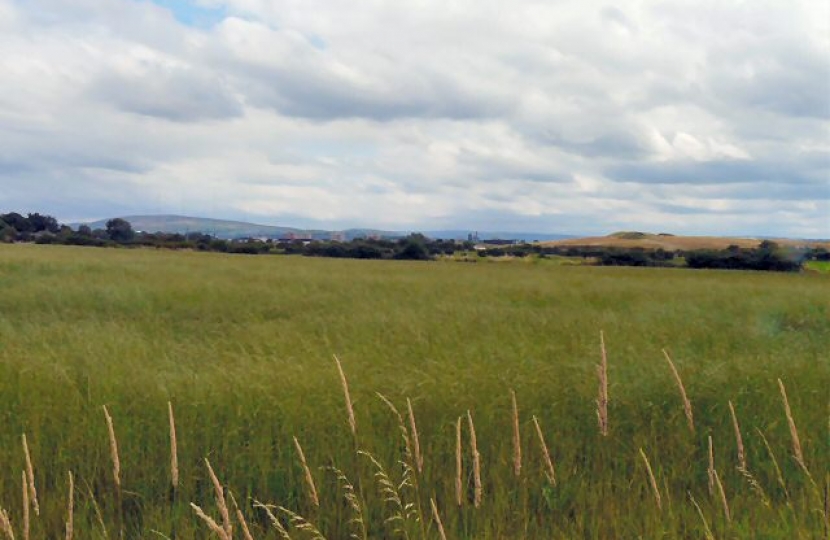
The publication of a three-year Agricultural Transition Plan provides an “exciting blueprint” for agriculture as the UK leaves the EU Common Agricultural Policy (CAP), says West Cornwall MP Derek Thomas.
Launched by DEFRA Secretary and West Cornwall farmer George Eustice, the plan focuses on the twin objectives of ensuring a sustainable and profitable farming sector as well as environmental recovery.
It will achieve this through an Environmental Land Management scheme which has three key components:
- The Sustainable Farming Incentive: open to all farmers and which will support sustainable approaches to farm husbandry, improving soil health and water quality, enhancing hedgerows and promoting integrated pest management.
- The Local Nature Recovery scheme to replace Countryside Stewardship, focusing on building back nature into and beyond the farmed landscape.
- Landscape Recovery to support more fundamental changes to land use in order to significantly enhance the landscape, helping the Government meet national targets and commitments, including the government’s pledge to protect 30% of the UK’s land by 2030 and the establishment of a Nature Recovery Network.
“Leaving the EU, the Government has the opportunity to make the biggest changes in agriculture in 50 years and designing a policy for tomorrow’s farmers as well as today’s,” said Mr Thomas.
“Over the last century, too much of our wildlife-rich habitat has been lost, and many species are in long-term decline and, while many farmers feel this loss keenly and are taking measures to reverse this decline, the intensification of agriculture and the bureaucratic CAP have taken their toll on wildlife.
“We need to rediscover some of the agronomic techniques used by previous generations of farmers and fuse them with the best precision technology and plant science available to us today and the Agricultural Transition Plan offers an exciting blueprint on the way to do that.
“The plan rightly gets rid of the CAP system of arbitrary area-based subsidy payments where the largest subsidy payments too often go to the wealthiest landowners and where direct payments artificially inflate land rents, standing in the way of new entrants getting access to land.
“It also removes the old-style, top down rules and draconian penalties of the EU era and, from next year, the so-called greening requirements such as the three-crop rule will go, and the Rural Payments Agency and other agencies will offer advice and support where possible rather than just penalties.”
For more information on the Agricultural Transition Plan 2021-2024, visit: www.gov.uk/government/publications/agricultural-transition-plan-2021-to-2024




